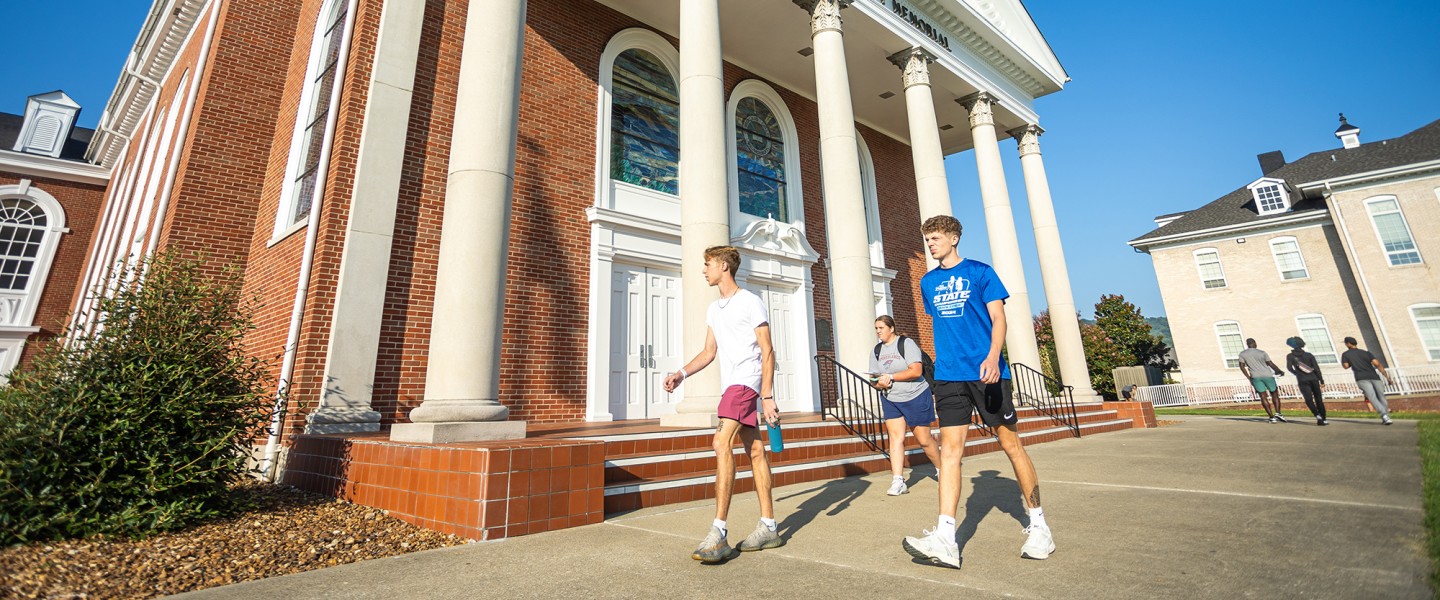Economic impact based on report commissioned by the Association of Independent Kentucky Colleges and Universities.
University of the Cumberlands contributed more than $337 million to Kentucky’s economy, according to an economic impact report commissioned by the Association of Independent Kentucky Colleges and Universities.
The results align with Cumberlands’ founding mission: to bring better economic prospects to the Appalachian region of Kentucky. Nestled in the rolling hills of Williamsburg, the university has become an integral part of the state’s mountain communities since 1888.
“Cumberlands was founded out of a strong desire to provide educational opportunities for the people of Appalachia and to improve the economic prospects of Kentucky’s mountainous regions,” said President Dr. Larry L. Cockrum. “Now, more than a century later, we hold true to that foundational mission.”
The university’s growth has direct implications for the regional economy. According to the report, Cumberlands had around 18,053 students who contributed direct spending of $131.1 million in the 2021-22 fiscal year. Additionally, faculty, staff, and visitors added a combined $63.3 million in direct spending. The university also generated $42 million through purchases and $24.6 million in investment spending. Beyond this financial activity, Cumberlands created roughly 3,820 jobs, adding yet another avenue for millions to flow back into local business and industry.
“We are proud to be part of Whitley County and its surrounding communities,” said Dr. Cockrum. “It has always been important to us to form local relationships that help drive greater possibilities for our region, and the AIKCU report is a reflection of this work.”
Cumberlands has experienced continual growth in the years following the reporting period. Currently, enrollment numbers stand at around 22,000, about a 4,000 increase from the data used in the AIKCU commissioned report. As Cumberlands strengthens its resolve to make positive economic impacts through quality, affordable education program offerings, the area will likely see continued economic growth resulting from university initiatives.
“The university has never been stronger or better positioned for the future. We currently have over 20,000 students eager to use their education to enhance their livelihoods and impact the communities they serve. As long as we stay committed to our students and hold true to our founding principles, we will continue to have this kind of impact on our students, our employees, and the greater region as a whole,” Dr. Cockrum added.

